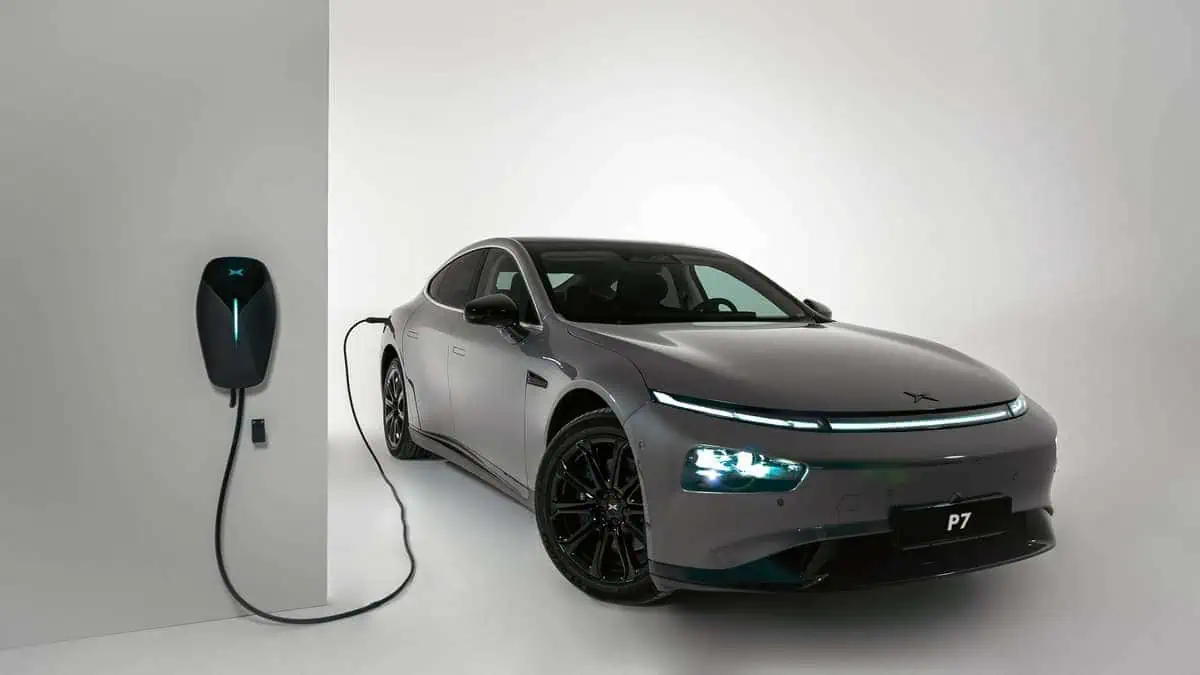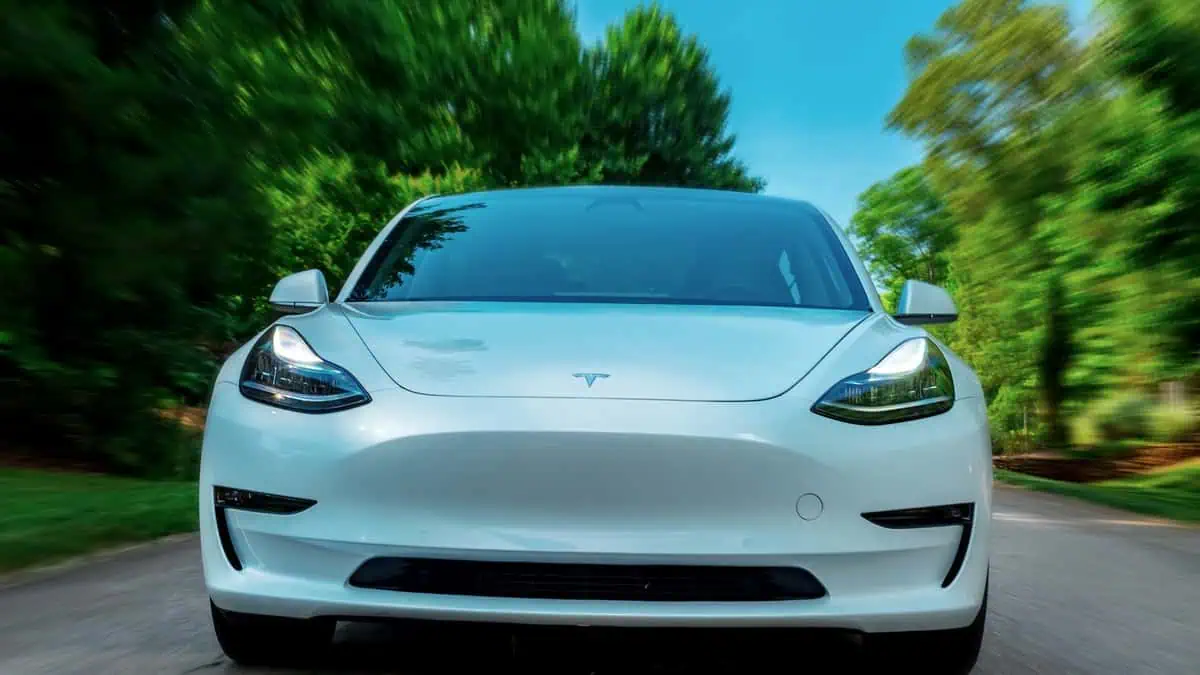The European Union must impose steeper import tariffs of around 50% to regulate the surge of China-made electric vehicles in the region, Financial Times reported, citing Rhodium Group’s analysis.
Call for hefty tariffs in anti-subsidy push
New York-based independent research provider, Rhodium Group’s researchers, encourage the EU to impose heavier punitive action to curb China-made EV imports in the region as the anti-subsidy probe will end in a few weeks.
The researchers anticipate that the bloc will only mandate up to 30% import tariffs, which is apparently not sufficient to have a significant impact on Chinese electric automakers.
“We expect the European Commission to impose duties in the 15-30 per cent range. But even if the duties come in at the higher end of this range, some China-based producers will still be able to generate comfortable profit margins on the cars they export to Europe because of the substantial cost advantages they enjoy.”
Rhodium Group’s report
That said, the researchers propose a 40%-50% import tariff to discourage Chinese players from flooding the region with their cheaply-priced offerings.
“Duties in the 40-50 per cent range — arguably even higher for vertically integrated manufacturers like BYD — would probably be necessary to make the European market unattractive for Chinese EV exporters.”
Rhodium Group’s report
For instance, the BYD Seal U costs €20,500 in China and €42,000 in Europe. According to the report, the model yields an estimated profit of €1,300 and €14,300, respectively.
Vehicle imports pay a 10% tariff rate in the EU, totaling about €2,100 per vehicle.
“According to our calculations, a 30 per cent duty would still leave the company with a 15 per cent (€4,700) EU premium in relation to its China profits, meaning that exports to Europe would remain highly attractive. Many other Chinese EV models would still enjoy a strong EU profit premium.”
Rhodium Group’s report
Rhodium determined that if the relevant companies cooperate, the average punitive tariff would be 19% across the sectors where the bloc has found subsidies.
Ongoing Anti-subsidy probe
The EU announced its anti-subsidy probe against China-made electric vehicles in October 2023.
The move is primarily due to the increasing overflow of Chinese EV imports that substantially threaten the local industry.
Chinese EV imports reportedly surged from just $1.6 billion in 2020 to $11.5 billion in 2023. Chinese players’ share of the market also grew by over 4x to 8% last year.
Transport & Environment forecasts that this 8% market share will increase to 11% in 2024 and 20% by 2027.
China’s Response
The Chinese government contends that the strong dominance of its electric vehicle players, including BYD, is due to technological advancements and competence rather than subsidies.
Therefore, it called the EU’s anti-subsidy proof “protectionist.”
Despite China’s objections, the EU plans to announce the preliminary duties by May 2024. The deadline for the final decision is set for July, with plans to officially impose in November this year.






